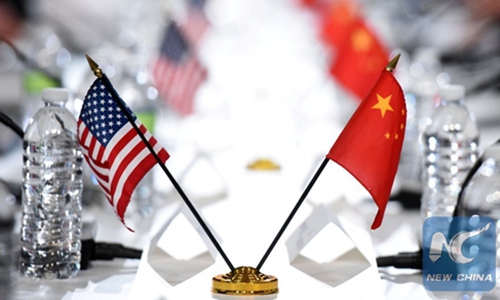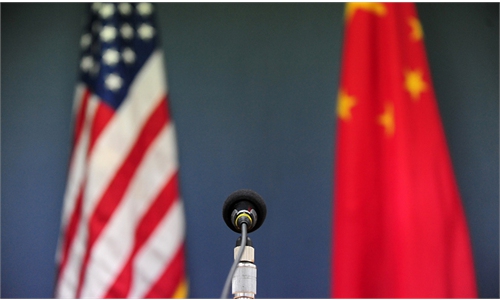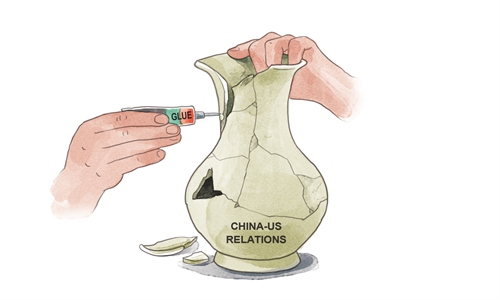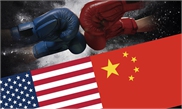China’s top diplomat urges US to correct mistakes during ‘frank and tough’ phone call with Blinken
‘Frank and tough’ call with Blinken reflects competitive ties

Senior Chinese official Yang Jiechi urged the US to correct its mistakes, control divergence, and push for healthy bilateral ties with China, during a phone call at the invitation of US Secretary of State Antony Blinken on Saturday.
Experts said the first senior-level China-US dialogue since US President Joe Biden took office was "frank and tough." It reflected a more competitive bilateral relationship, especially in the context of a broader confrontation between the two countries formed during the Trump administration.
Yang, a member of the Political Bureau of the Communist Party of China Central Committee and director of the Office of the Foreign Affairs Commission of the CPC Central Committee, urged the US to play a constructive role in promoting peace and stability in the Asia-Pacific region, uphold the spirit of no conflict, non-confrontation and win-win cooperation; manage differences and push forward the sound and stable development of China-US relations.
Yang stressed that China and the US should respect each other's core interests, political systems and development paths, and run their own affairs well. China will unswervingly follow the path of socialism with Chinese characteristics, and the great rejuvenation of the Chinese nation is something that no one can stop.
Wu Xinbo, director of Fudan University's Center for American Studies, told the Global Times on Saturday that both sides stressed their positions and even talked about red lines during the conversation.
"However, the two sides did not reach any consensus… It [the dialogue] was a direct encounter on many aspects rather than docking on actual work," said Wu.
In a tweet posted by Blinken on Saturday, he said that US will defend its national interests, stand up for democratic values, and hold Beijing accountable for its "abuses of the international system."
Analysts said Blinken's obvious hardball stance showcases the US' intention to discipline China through the international system, and there was a strong clash of values in the dialogue, at least in the eyes of the US, as China emphasized "seeking common ground while reserving differences."
Blinken said the US will stand up for human rights and democratic values in Xinjiang, Tibet and Hong Kong, and affirmed that the US will "hold China accountable" for "threatening stability" in the Indo-Pacific, including the Taiwan Straits, Reuters reported.
Western media used certain language to portray Blinken's tough stance. However, Wu said China was also staking out its position while tentatively testing the Biden administration.
Yang said that the Taiwan question is the most important and sensitive issue in China-US relations and affects China's sovereignty and territorial integrity. Yang urged the US to stop meddling in China's internal affairs, including in Hong Kong, Xinjiang and Tibet.
The Biden administration is still yet to find a route to restart normal China-US ties, said Wu, noting that the "tough" dialogue reflects a continuation of the Trump administration's approach to China and continues an already hostile international atmosphere.
In a constructive meeting with Yang in 2015, when Blinken was deputy Secretary of State in the Obama administration, Blinken said the US and China could cooperate on a series of major issues in meaningful ways, and the US was willing to, together with China, earnestly carry out the consensus and achievements made at the visit to constantly advance bilateral relations.
The future pattern of China-US relations will be dominated by competition but supplemented by cooperation, said Wu.
Da Wei, director of the Center for Strategic and International Security Studies of the University of International Relations in Beijing, told the Global Times that the high-level dialogue should be viewed as a positive sign, and it might pave the way for a gradual resumption of high-level exchanges, because the differences between China and the US have only become more acute in the past four years.
Although China and the US are about to usher in a "more competitive relationship," Da noted that China has advantages in terms of its market size and development model.
"China has accumulated a lot of development experience over the past decades and has huge potential... As long as China develops steadily, the gap between China and the US will become smaller and smaller," Da said.




